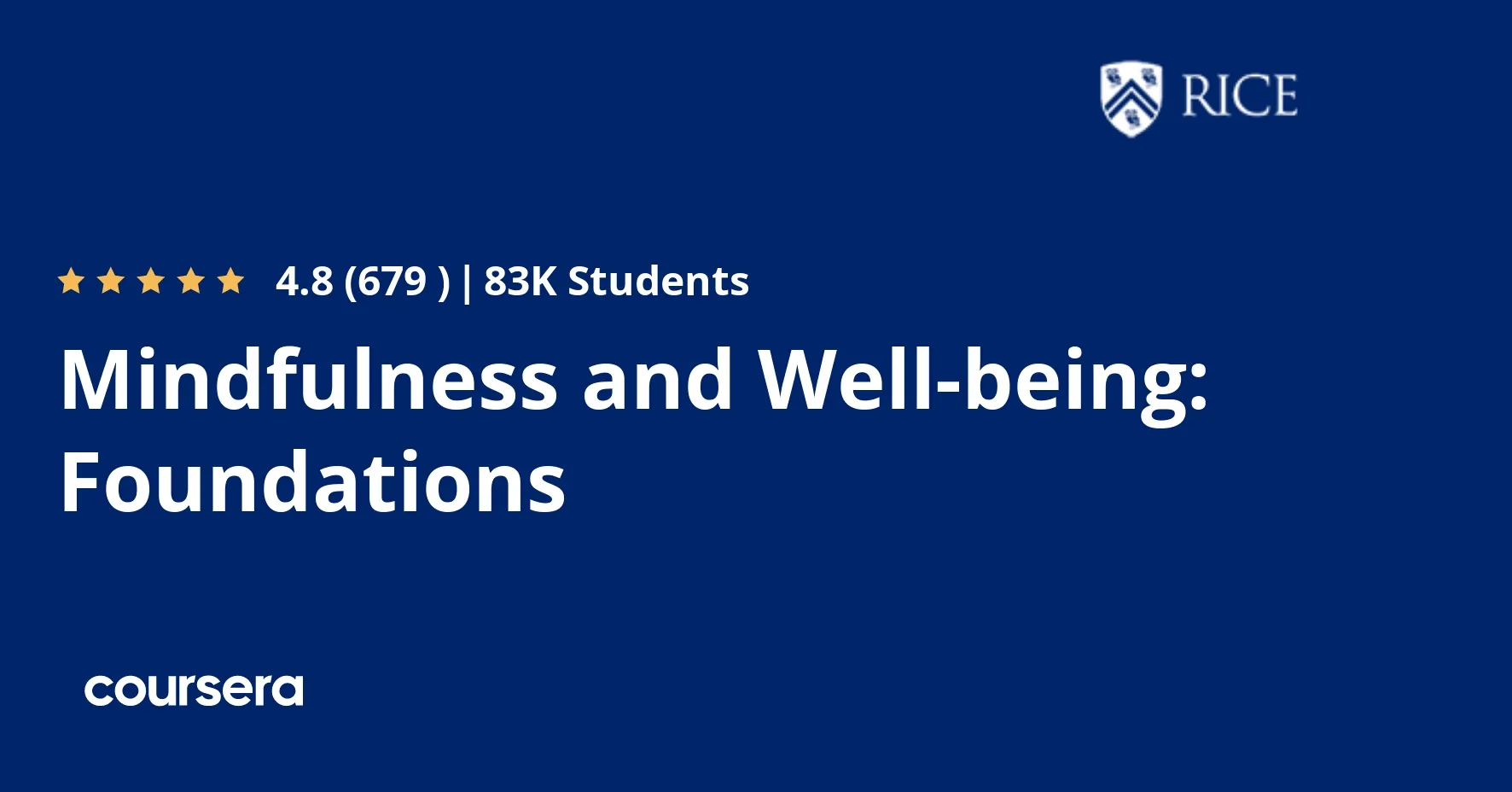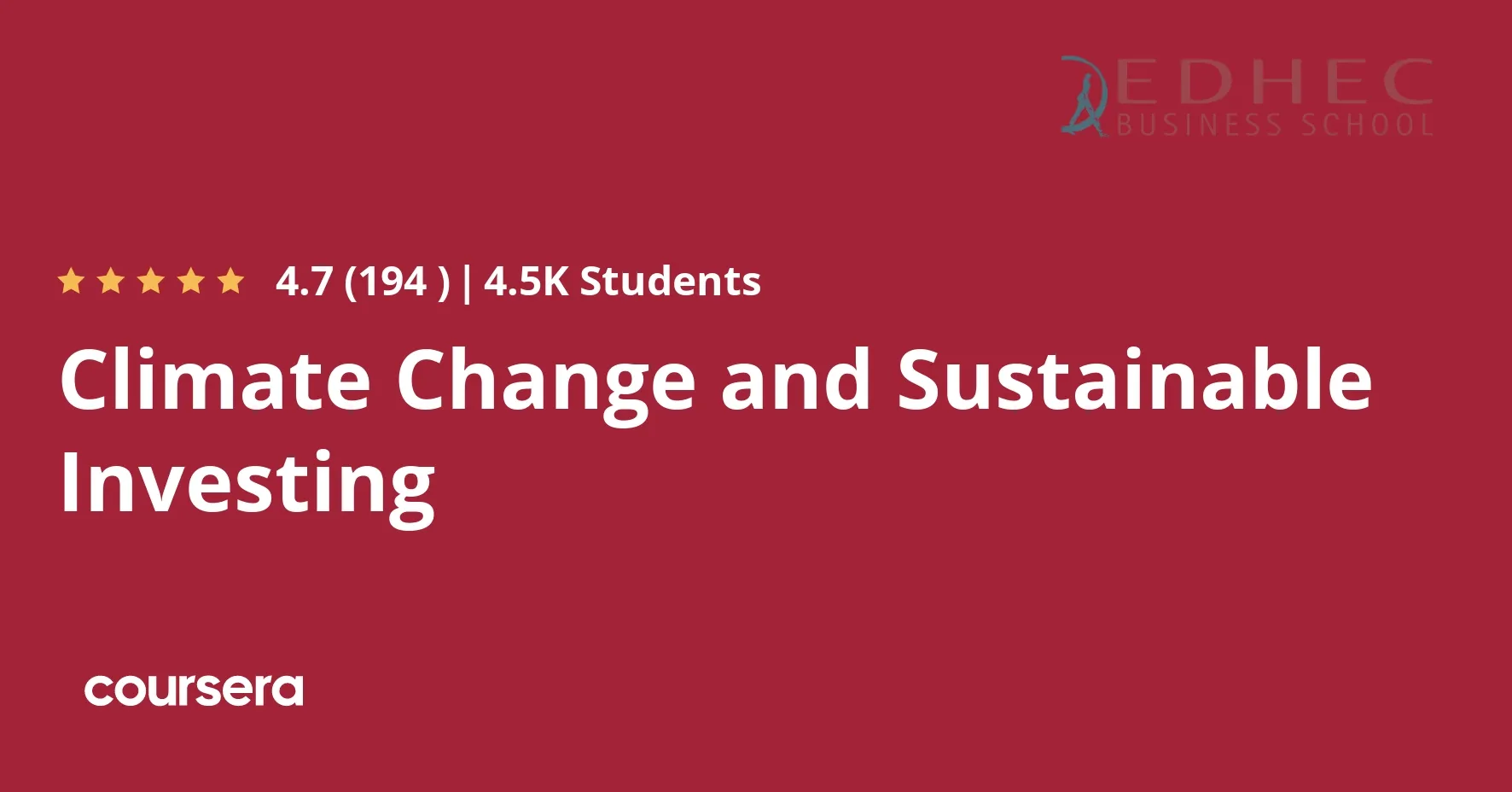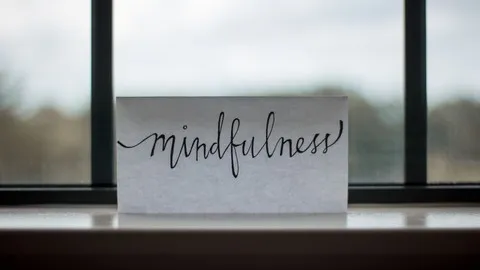
Foundations of Mindfulness 
This course offers an introduction to the fundamentals of mindfulness, including its concepts, principles, and practises. Participants will gain an understanding of the basics of mindfulness and how to apply them in their daily lives. ▼
ADVERTISEMENT
Course Feature
![]() Cost:
Cost:
Free
![]() Provider:
Provider:
Coursera
![]() Certificate:
Certificate:
No Information
![]() Language:
Language:
English
Course Overview
❗The content presented here is sourced directly from Coursera platform. For comprehensive course details, including enrollment information, simply click on the 'Go to class' link on our website.
Updated in [March 06th, 2023]
1. You can learn how to use your attention more effectively and become more mindful. Through this course, you will gain an understanding of key mindfulness concepts and practises that will help you to become more aware of your thoughts and feelings. You will also learn how to use your body as a direct portal to presence and how to increase your resilience by opening up to and accepting a wide range of emotions.
2. You can learn how to incorporate the benefits of regular meditation into your daily life. This course will provide you with guidance on how to develop a regular meditation routine and how to use meditation to become more mindful. You will also learn how to use meditation to become more aware of your thoughts and feelings and how to use your body as a direct portal to presence.
3. You can learn how to deepen your understanding of the mind/body connection. Through this course, you will gain an understanding of how the body serves as a direct portal to presence and how to use your body to become more mindful. You will also learn how to use meditation to become more aware of your thoughts and feelings and how to increase your resilience by opening up to and accepting a wide range of emotions.
4. You can learn how to increase your resilience. This course will provide you with guidance on how to open up to and accept a wide range of emotions. You will also learn how to use meditation to become more aware of your thoughts and feelings and how to use your body as a direct portal to presence.
5. You can learn how to become more mindful. Through this course, you will gain an understanding of key mindfulness concepts and practises that will help you to become more aware of your thoughts and feelings. You will also learn how to use your body as a direct portal to presence and how to increase your resilience by opening up to and accepting a wide range of emotions.
[Applications]
The application of the Foundations of Mindfulness course can be seen in many aspects of life. It can help individuals to become more aware of their thoughts and feelings, and to be more mindful of their actions. It can also help to increase resilience and to develop a regular meditation routine. Additionally, it can help to deepen understanding of the mind/body connection and to use attention more effectively. Finally, it can help to open up to and accept a wide range of emotions.
[Career Paths]
1. Mindfulness Coach: Mindfulness coaches help individuals develop their own mindfulness practice and apply it to their daily lives. They provide guidance and support to help individuals become more aware of their thoughts, feelings, and behaviors. As the demand for mindfulness-based services continues to grow, the need for qualified mindfulness coaches is increasing.
2. Mindfulness Educator: Mindfulness educators teach mindfulness-based courses and workshops to individuals and groups. They help people learn how to use mindfulness to reduce stress, improve focus, and increase self-awareness. As the popularity of mindfulness continues to grow, the need for qualified mindfulness educators is increasing.
3. Mindfulness Therapist: Mindfulness therapists use mindfulness-based interventions to help individuals manage mental health issues such as anxiety, depression, and trauma. They provide individual and group therapy sessions to help individuals learn how to use mindfulness to cope with difficult emotions and situations. As the demand for mental health services continues to grow, the need for qualified mindfulness therapists is increasing.
4. Mindfulness Researcher: Mindfulness researchers study the effects of mindfulness on physical and mental health. They conduct research to understand how mindfulness can be used to improve physical and mental health outcomes. As the evidence for the benefits of mindfulness continues to grow, the need for qualified mindfulness researchers is increasing.
[Education Paths]
1. Bachelor of Science in Psychology: This degree path focuses on the study of the human mind and behavior. It provides a comprehensive understanding of the psychological processes that underlie behavior, including the development of cognitive, emotional, and social skills. It also covers topics such as research methods, statistics, and the history of psychology. With the increasing popularity of mindfulness, this degree path is becoming more popular as it provides a deeper understanding of the psychological aspects of mindfulness.
2. Bachelor of Science in Neuroscience: This degree path focuses on the study of the brain and nervous system. It covers topics such as the structure and function of the brain, the development of neural networks, and the effects of drugs and other substances on the brain. It also covers topics related to the study of consciousness, such as the effects of meditation and mindfulness on the brain. This degree path is becoming increasingly popular as it provides a deeper understanding of the neurological aspects of mindfulness.
3. Master of Science in Mindfulness Studies: This degree path focuses on the study of mindfulness and its applications in various contexts. It covers topics such as the history and philosophy of mindfulness, the science of mindfulness, and the application of mindfulness in clinical settings. It also covers topics related to the development of mindfulness-based interventions and the use of mindfulness in education and other settings. This degree path is becoming increasingly popular as it provides a comprehensive understanding of the practice and application of mindfulness.
4. Doctor of Philosophy in Mindfulness: This degree path focuses on the study of mindfulness from a research perspective. It covers topics such as the history and philosophy of mindfulness, the science of mindfulness, and the application of mindfulness in clinical settings. It also covers topics related to the development of mindfulness-based interventions and the use of mindfulness in education and other settings. This degree path is becoming increasingly popular as it provides a comprehensive understanding of the practice and application of mindfulness from a research perspective.
Course Syllabus
Learning to Pay Attention
Understanding the Mind/Body Connection
Exploring Your Inner Landscape
The Nuts and Bolts of Establishing a Practice
Course Provider

Provider Coursera's Stats at AZClass
Discussion and Reviews
0.0 (Based on 0 reviews)
Explore Similar Online Courses

Climate Change and Sustainable Investing

MongooseJS Essentials - Learn MongoDB for Nodejs

Python for Informatics: Exploring Information

Social Network Analysis

Introduction to Systematic Review and Meta-Analysis

The Analytics Edge

DCO042 - Python For Informatics

Causal Diagrams: Draw Your Assumptions Before Your Conclusions

Whole genome sequencing of bacterial genomes - tools and applications

Mindfulness: What It Is Where It Comes From and How to Practice It

Free Meditation Tutorial - Mindfulness Meditation: The Science And Practice

Free Meditation Tutorial - Mindfulness Through Meditation- A Simple Beginners Guide
 Related Categories
Related Categories
 Popular Providers
Popular Providers
Quiz
 Submitted Sucessfully
Submitted Sucessfully
1. What is the main focus of Foundations of Mindfulness?
2. What is the primary benefit of Foundations of Mindfulness?
3. What is the primary goal of Foundations of Mindfulness?
4. What is the main purpose of mindfulness?
Correct Answer: To use attention more effectively.


Start your review of Foundations of Mindfulness